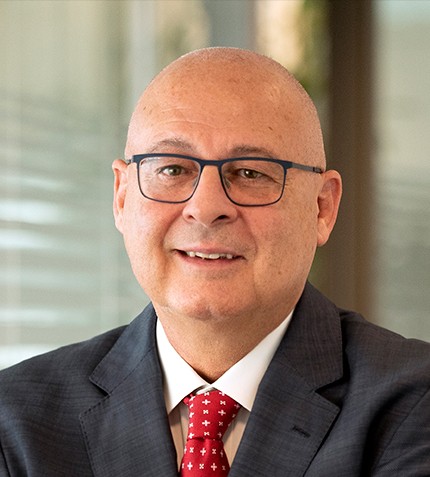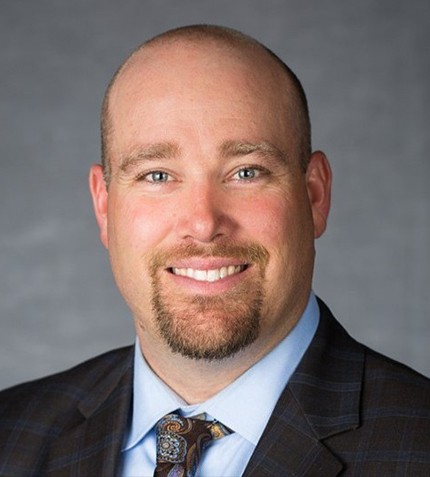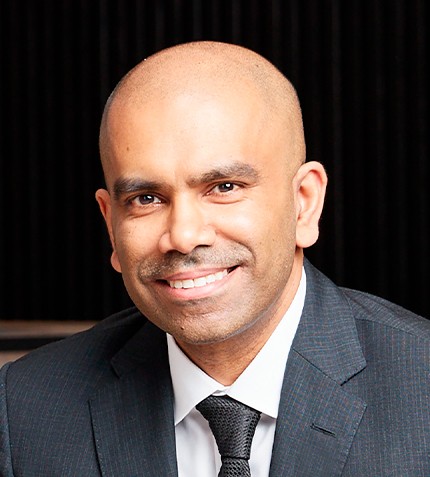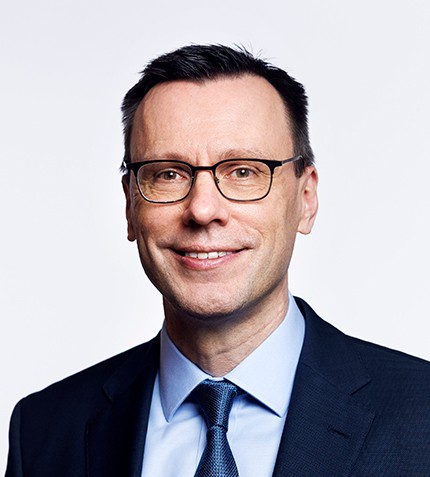
"Supply reliability is the priority of our customers. A minute of downtime could result in losses of millions of dollars."
Peih Yoke Hoo
MANAGING DIRECTOR, LINDE (MALAYSIA)
Could you introduce Linde Malaysia and the key milestones of its history in Malaysia?
Before being acquired by Linde, our foundation company was called Malayan Oxygen Limited, operative since 1960. Malayan Oxygen (MOX) was a pioneer in the industry, commissioning the largest hydrogen plant in Pasir Gudang, Johor in 1977. In 1999, the largest air separation unit in Bukit Raja, Selangor was built. In 2002, MOX acquired Nissan IOI and renamed it to MOX Gases Bhd (MOXG). Linde came into the picture in 2007, as MOX became a wholly owned subsidiary of The Linde Group following Linde’s acquisition of The BOC Group. In 2012, we rebranded as Linde Malaysia. We also entered a Joint venture with PETRONAS Gas Berhad to form Pengerang Gas Solution Sdn Bhd (PGS) in 2016. Other significant milestones followed: In 2017, we commissioned the first semi-automated cylinder refilling plant in Banting. The major milestone in 2019 was the merger between Praxair and Linde group.
What do you think has helped Linde maintain its market leadership?
I believe Linde has built a name for itself as a highly reliable, globally respected gas company. Supply reliability is the priority of our customers. A minute of downtime could result in losses of millions of dollars. We have continued to invest ahead and deploy assets to meet the market demand. Our core value of safety has also been paramount in bringing us to where we are today. Linde also has the advantage of a wider footprint with multiple plants in multiple locations with the largest fleet of trucks and tankers
How do Linde’s global decarbonization efforts play out in Malaysia?
At a global level, Linde has set up a target to achieve a 35% reduction in GHG by 2035. Companies with an international presence face pressures to meet global targets on emissions. At Linde Malaysia, we are mostly investing in solar rooftop projects to lower our Scope 2 emissions and participating in government renewable energy programs to ensure our GHG goals are met within the proposed timeframe. To complement this initiative, Linde is increasing energy efficiency at site level through various measures to help on the decarbonization mission. Linde is also looking into renewable energy certificates (RECs) or carbon credits as part as our commitment towards sustainability. Globally, Linde also offers a wide spectrum of leading technologies related to hydrogen and ethylene crackers, and we are in a position to deliver integrated and optimized solutions for large cracker decarbonisation applications. Linde, with full end-to-end knowledge and competence in hydrogen production, CCS and hydrogen-firing to crackers, will definitely bring value to customers.
Why haven’t renewables taken off more in Malaysia?
Not many customers and suppliers are able to lock into the lower-carbon energy options as only limited applications are allowed. A reliable access to clean power is often a challenge for companies. The central issue lies in the uneven distribution and availability of clean power, forcing many companies to pay a premium on green energy or technology to meet their decarbonization targets. However, we have several global customers that are environmentally conscious and pay great attention to things like replacing natural gas with renewables in the context of our SMR (steam methane reforming) plant, because our carbon footprint is also their carbon footprint. By replacing some of these SMRs to Electrolysers, this will also help the companies to move away from natural gas consumption. Some are looking for mobility options which we are able to support with hydrogen refueling. Many are now more conscious of entering into decarbonization technology. In a nutshell, it requires a collective mindset from all companies towards the carbon reduction mission, introducing free access to clean energy and making available different energy sources from bio-mass, bio-gas, hydro power in the country to encourage and promote companies to embark on carbon free agenda.
What are your main priorities in 2023?
My goal is to make sure Linde remains the leading industrial gas player in Malaysia and that we offer the highest quality service to all of our customers. We have recently commissioned an air separation plant in 2021, and in 2022, we commissioned a nitrogen plant, both of which are in operation. We will never cease to invest in the future because we believe our investments allow us to grow further and bigger.










